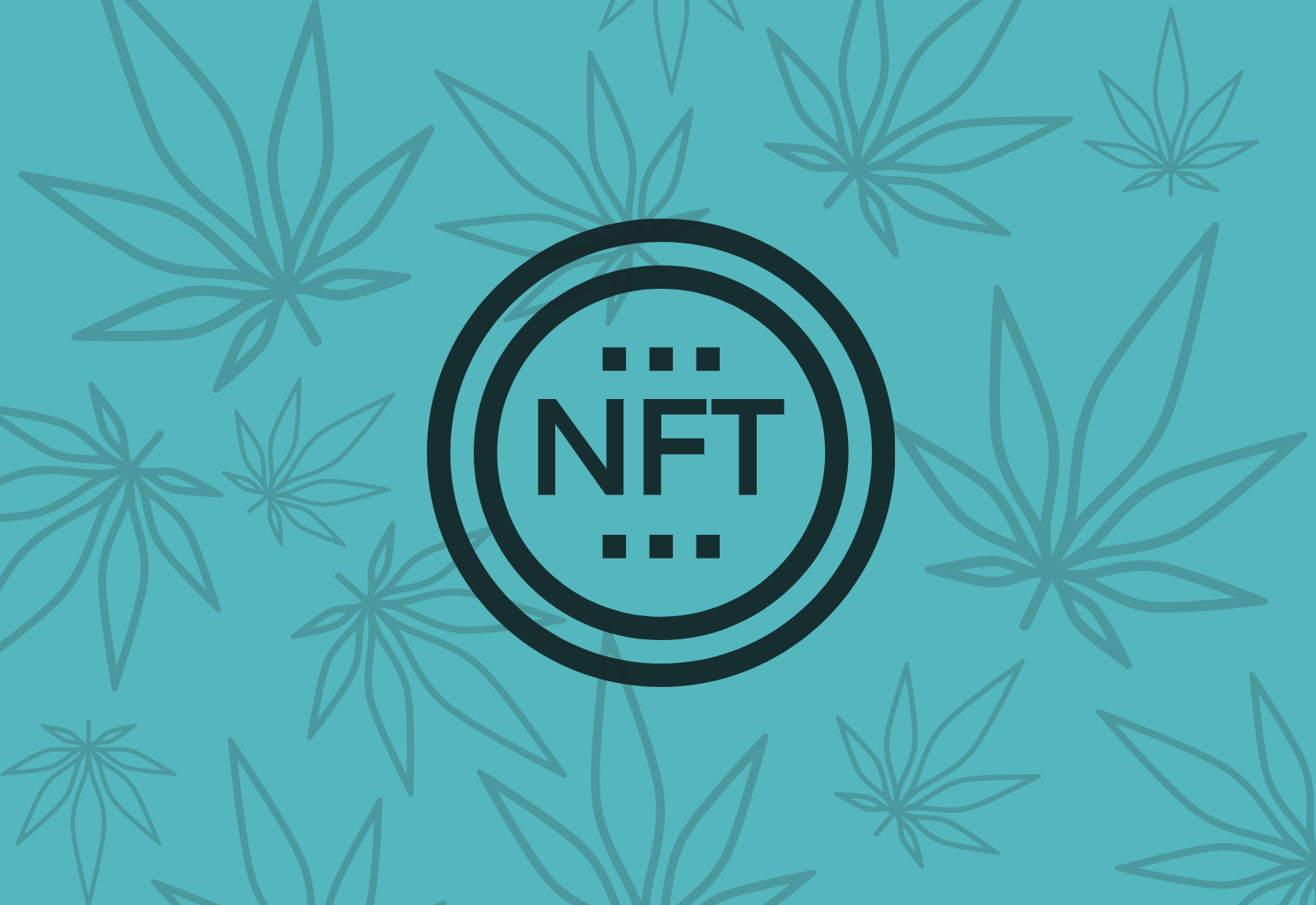
22 Feb Cannabis NFTs

Every cannabis company has been asking lately how they can start making money from cannabis NFTs (non-fungible tokens). Many of these companies know that NFTs are part of the greater Web3 movement that feels somewhat familiar, especially to marijuana companies.
Web3 is in large measure a counterculture movement that pushes back against large institutions that control our data, financial, and other valuable resources. Web3 is built on the backbone of blockchain technology and includes decentralized finance (defi) like cryptocurrencies (see here), decentralized intellectual property creation and ownership like NFTs (see here and here), and decentralized autonomous organizations (DAOs) (see here, here, and here).
Recently we have been drafting and reviewing NFT (non-fungible token) contracts for our clients. Some of our projects involved operating agreements for NFT companies and their owners. Others involved contracts for NFT studio companies with their investors or consultants (the latter of which is similar to cannabis influencer agreements).
If you are a cannabis (marijuana or hemp) company that is looking to hire an NFT studio or creative consultant, then this post is for you.
NFTs are Multifaceted and Not Well Understood
I have heard NFTs described many different ways. Art. Digital property. Keys. Assets. Bling. Decentralized ownership tokens. Securities. All of these describe NFTs to some extent, but NFTs are not “only” any of these things. Depending on how they are used, NFTs can be some or all of these.
Do not make the mistake in thinking that NFTs are something other than either intellectual property or securities. If your NFTs are considered securities, you should tread very carefully (see here).
When most people describe NFTs, they are talking about intellectual property. We have been involved in registering trademarks and preparing agreements involving licensing aspects of this new intellectual property. You should think of NFTs the same way you think of all your intangible business assets.
What Do You Have to Offer to the NFT World?
Most cannabis companies do not have an in-house web3 developer or creative artist, though you may have some creative marketing folks on your team who are interested in developing NFTs. In reality, cannabis companies are perfect for the NFT space. USPTO restrictions on marijuana trademark registrations mean that you have been creative all along in trademarking your swag (apparel and ancillary products) in parallel to your leaf-touching products.
NFTs are, in essence, digitized art, which is really intellectual property. The word “art” here can be construed very broadly, as I am reminded every time I see an ape NFT.
How Do You Start Creating a Cannabis NFT?
Whether you are a bootstrapping kind of cannabis company or a well-heeled and robustly backed cannabis company, your starting point is the same. You need to take stock of your intellectual property. The worst thing you can do in the NFT space is to create and successfully sell NFTs containing intellectual property that you do not own or have not protected.
If you are the bootstrapping kind of cannabis company, then you will Google to find one of the many companies that are offering DIY NFT creation software. From there, you can decide which crypto blockchain you want to use to launch or drop your freshly minted NFTs.
If you are a finely-tuned cannabis business with more resources, then you may want to consider a deeper, bespoke path into the NFT space. Many new NFT studio companies are popping up. These companies have a technical group and often much more, including bizdev experts and talent consultants, who may be willing to partner with a promising cannabis company as a brand ambassador or influencer.
Using Influencers with Cannabis NFTs
Successful NFT studios already have influencers on retainer who will usually have an equity share in deals the NFT studio inks within the influencer’s area of expertise. Influencers (also called talent consultants) are either talent themselves (think athletes like Seth Curry, celebrities like Paris Hilton, artists like All Seeing Seneca, and musicians like Kings of Leon) or they understand the talent world. Some entrepreneurial influencers are both.
Many NFT studios will propose an equity or quasi-equity component to the arrangement. Experienced cannabis entrepreneurs are loath to give up equity if they can avoid it. Often with NFT studios, they are willing to be more flexible.
This does not mean that you need to give up equity in your core cannabis business (Washington state still generally prohibits this), but you may need to have a success fee component to your cannabis NFT campaign.
NFT studio contracts mirror influencer agreements, except the intellectual property component of these contracts is paramount. For more information on key contract provisions and negotiation points, see here.
We are still at the early stages of cannabis NFTs, but you are laying the groundwork now for your future presence in the metaverse. If you are interested in staying up to speed, join our Web3 Law group on LinkedIn where we discuss these issues in real time.


Sorry, the comment form is closed at this time.